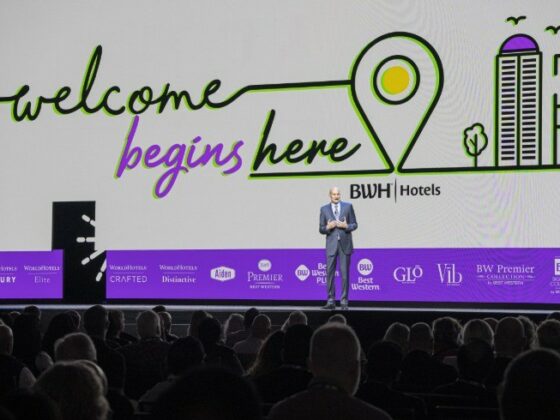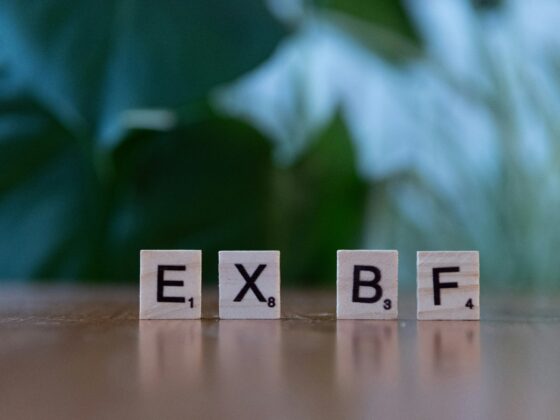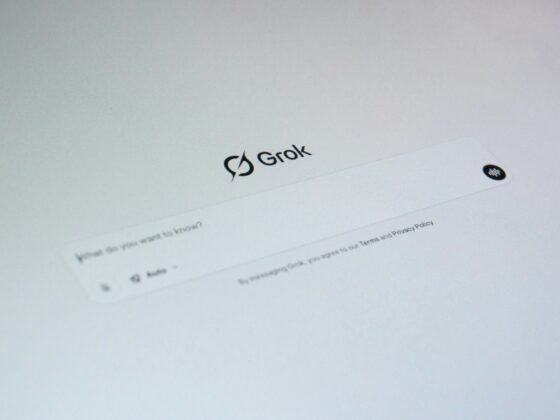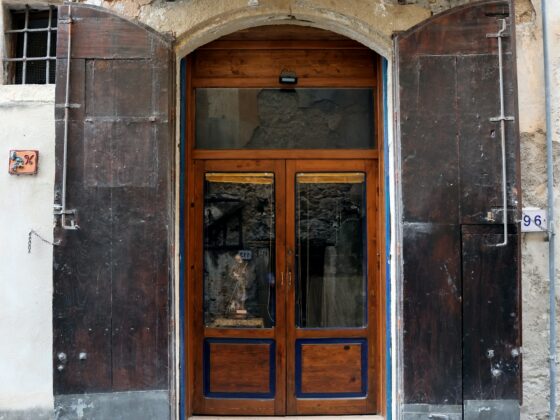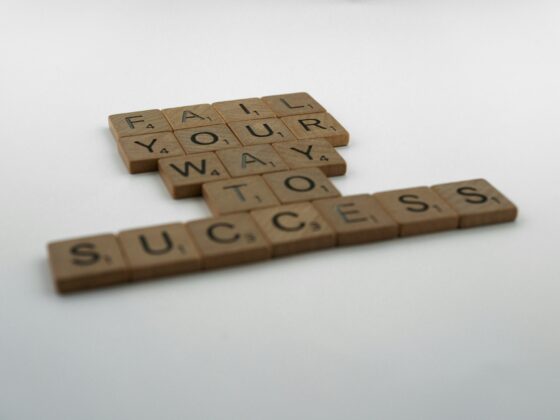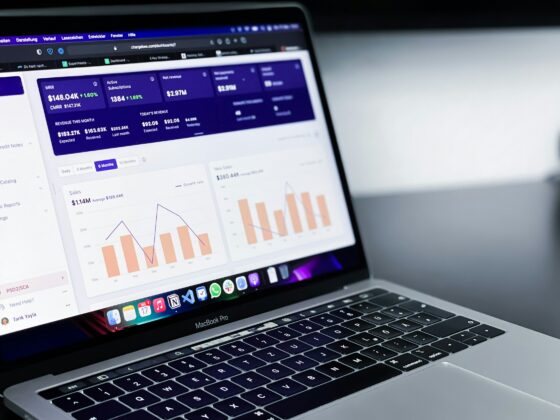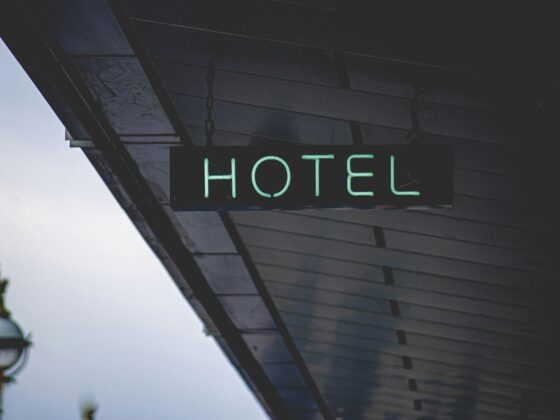The three entities that know you best in this world are: your bank, your iPhone, and your grocery store. If you were to extract data from all three, load them into ChatGPT, and ask it to make you a list of restaurants to visit during your next holiday trip, it would make a pretty good recommendation… I know I am vibe-coding this for myself!
The beauty of AI is that it helps you outsource your thinking, freeing up mental space for more enjoyable things. But to work correctly, it needs a large pool of data. Not everybody has the patience to manually export that data and input it into a large language model just to know where to dine next. Good news: your favourite credit card and the favourite POS system of your favourite chef are also building this. Toast and Amex recently announced a partnership to help restaurants offer a more personalized in-venue experience. It makes perfect sense, especially if your most frequent credit card swipes happen at restaurants.
Officially, this is framed as a win-win-win: Amex adds value for its cardholders, restaurants better understand and serve their guests, and diners enjoy the holy grail of hospitality, walking in and having the waiter already know what you like. Unofficially, it might be more of a win-win than a win-win-win. Years of purchase history allow restaurants to build a highly detailed profile of you, down to whether you’re a generous tipper or someone desperate for that last reservation slot. This will help Toast predict how much you are willing to pay to play, in other words, dynamic pricing. Or as Delta put it recently: “One person, one price.”
It’s no secret that regulars get better treatment than strangers, and in a traditional sense, they’ve earned it by putting in the reps and building mutual trust. If the relationship doesn’t exist, but you still know the hand your “opponent” holds beforehand, what stops you from taking advantage of the situation? With great power comes great responsibility.
After your bank, the second entity that knows you best is your iPhone. It has become the number one screen, always in your pocket, and it can collect a ton of metadata, for example, through the photos you take. Gen Z is taking this a step further by noting down every single movement in their calendar. From hook-ups to brushing their teeth, even the smallest detail is an opportunity to create an event.
When asking hundreds of users to share their iPhone pictures to help build a travel profile, the initial reaction is negative, the primary objection is privacy. Now ask the same sample to share their calendar access, and you’ll be surprised how many agree. For a large language model, as long as you log as many calendar events as you take pictures, the data is just as valuable, maybe even more so, since you can be more specific with events. Gen Z probably doesn’t realize it, but by logging all their life into their calendar, they are building the future of hospitality.


